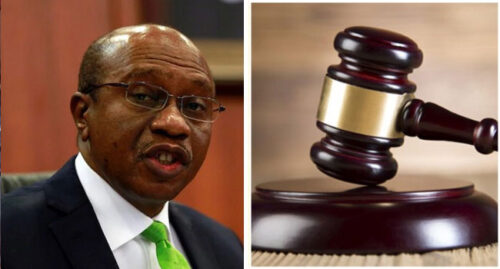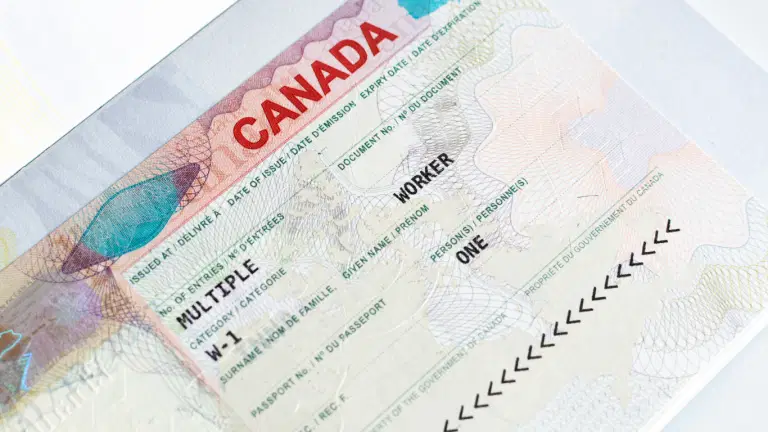On Thursday, a forensic document examiner, Bamaiyi Haruna, said that his analysis of some documents used to release $6.2m from the Central Bank of Nigeria in February 2023 showed that the documents were forged.
Haruna, who is an official of the Economic and Financial Crimes Commission, stated this at the resumed trial of the immediate-past , CBN governor, Godwin Emefiele, before the Federal Capital Territory High Court in Abuja.
The EFCC, on June 18, 2023, arraigned Emefiele on amended 20 counts, in which he was accused of impersonating the Secretary to the Government of the Federation to move $6.2m from the CBN vault illegally.
In the charges, the EFCC alleged that on February 8, 2023, Emefiele connived with one Odoh Ocheme, who is now on the run, to obtain $6.2m from the CBN, claiming that it was requested by the SGF “vide a letter dated 26th January 2023 with Ref No. SGF.43/L.01/.
The anti-graft agency also alleged that Emefiele, in January 2023, forged a document titled: “RE: PRESIDENTIAL DIRECTIVE ON FOREIGN ELECTION OBSERVER MISSIONS,” dated 26 January 2023 with Ref No. SGF.43/L.01/201.
At the previous hearing, the immediate-past SGF, Boss Mustapha, appeared as a witness to testify against Emefiele.
Mustapha, in his testimony, told the court that neither he nor ex-President Muhammadu Buhari were aware of the $6.2m, adding that Buhari’s signature was forged to move the money out.
Mustapha also told the court that the Federal Government had no business funding foreign election observers.
“In all the correspondences I have received from Buhari, it has never had ‘please accept the assurance of my highest regard’. I am his subordinate, my correspondences do not carry that.
“And lastly, looking at the signature, it is a failed attempt at reproducing Buhari’s signature. I will leave that to the experts,” Mustapha, who was the fourth prosecution witness, told the court.
At the resumed trial on Thursday, the forensic expert, Haruna, who appeared as the sixth prosecution witness, said his analysis of the signatures on the documents used to move out of the $6.2m showed that they were forged.
Led in evidence by the EFCC prosecutor, Rotimi Oyedepo (SAN), Haruna said, “The conclusion from the analysis revealed that the disputed documents showed evidence of forgery and copying art as the pen movement form and formation of the signatures and the skill of execution were found to be different from that of the specimen signatures A to A2 and B to Bi.
“The form and formation of the signatures marked X and the specimen signature marked B to B1 were found to be different in respect of pen movement impulses, skill of execution, loop formation, and presence of tremors, there were individual characteristics. This is a confirmation that the signature of the author of the specimens marked B to B1 does not rhyme with the signature of Buhari on the disputed document marked X.
“Also, the form and formation of the disputed signatures marked X1 and specimen signature A2 were also found to be different with respect to pen movement impulses. Initial and terminal strokes, loop formation, presence of tremors, and individual characteristics. This is also a confirmation that the signature of the author of the specimen marked A2 did not rhyme with the signature of Boss Mustapha on the disputed document marked X1.”
The prosecutor applied to the court to tender the forensic report dated January 25, 2024, and other documents attached as exhibits.
Emefiele’s lawyer, Mathew Burkaa (SAN), did not oppose.
Justice Hamza Muazu subsequently admitted them as evidence and marked them as Exhibits FDE.
During cross-examination by Burkaa, the witness urged the court to rely on his report.
When asked if Emefiele’s signature was analyzed, he said no.
Also asked if EFCC operatives submitted the materials analyzed, Haruna said, “Operatives of the EFCC submitted the request to the department.”
The matter was subsequently adjourned till March 11.

 BIG STORY1 day ago
BIG STORY1 day ago
 BIG STORY4 days ago
BIG STORY4 days ago
 BIG STORY2 days ago
BIG STORY2 days ago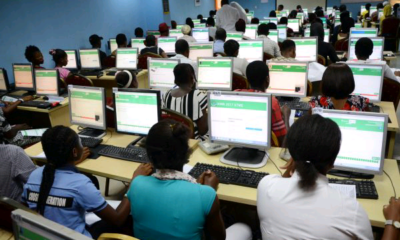
 BIG STORY1 day ago
BIG STORY1 day ago
 BIG STORY1 day ago
BIG STORY1 day ago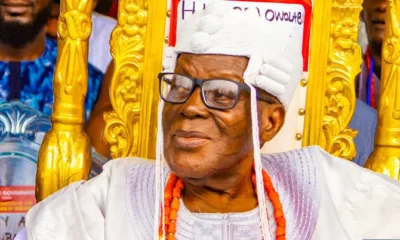
 BIG STORY2 days ago
BIG STORY2 days ago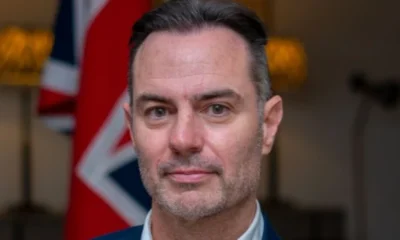
 BIG STORY3 days ago
BIG STORY3 days ago
 BIG STORY3 days ago
BIG STORY3 days ago




